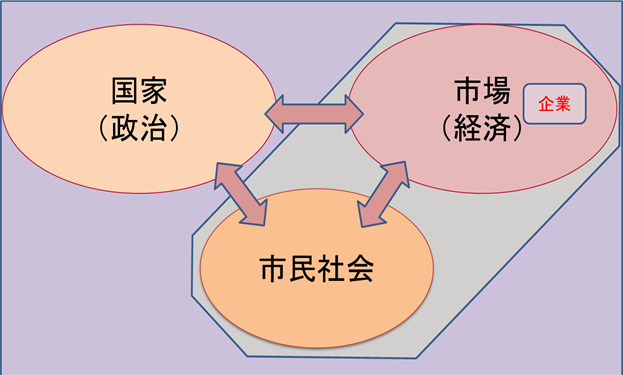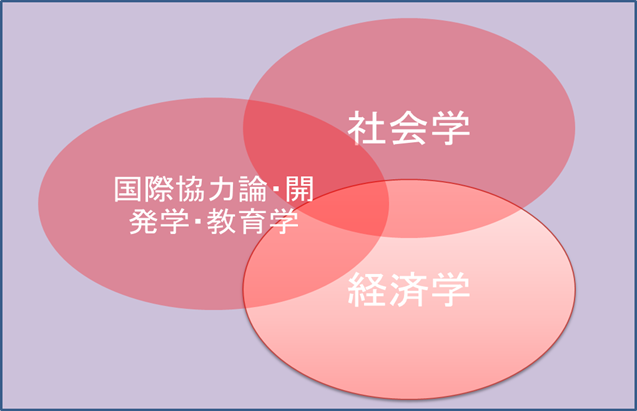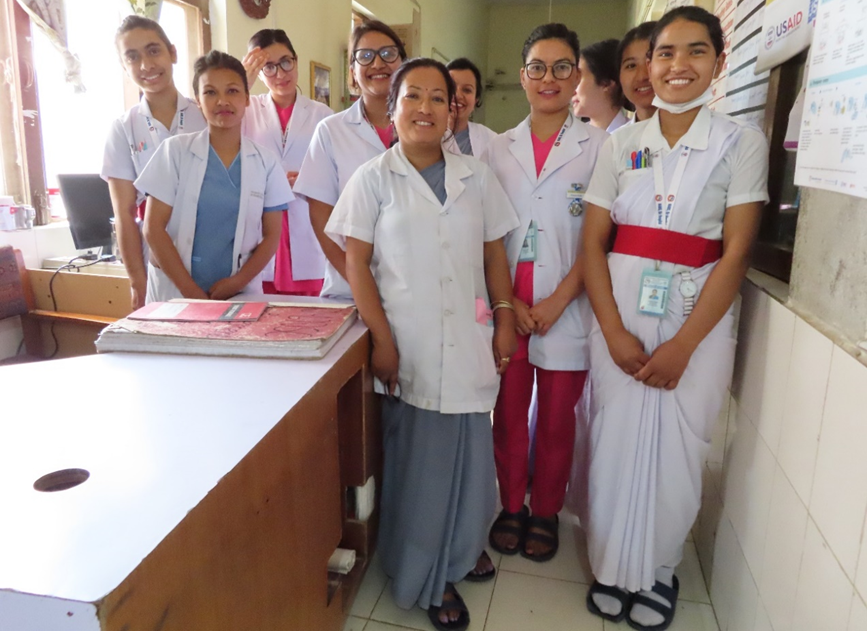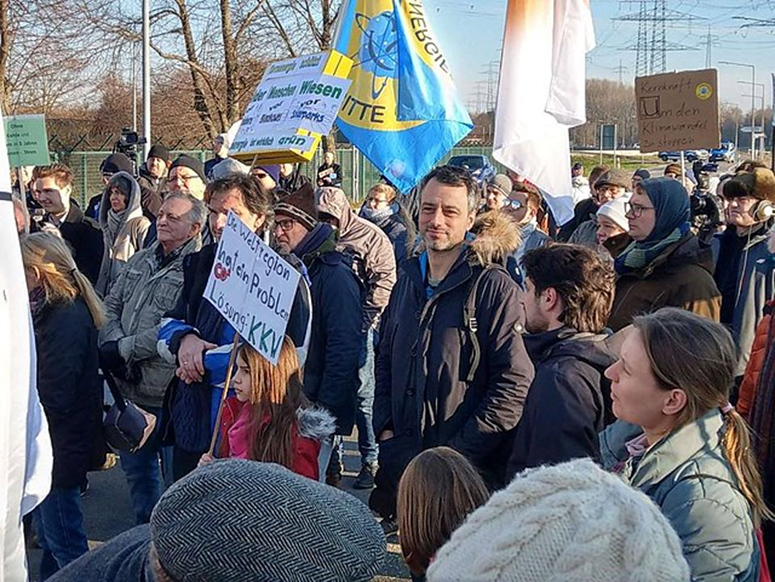The Field of Civil Society and International Cooperation
Study of Civil Society and International Cooperation
When focusing on the mediums of decision-making and action the globalized world we live in can be said to be made up of three sectors: state (politics), market (economy), and civil society. These three sectors each have their own inherent logic while they also contend with each other and become increasingly interpenetrated and related.

The field of Civil Society and International Cooperation deals with “Civil Society” and “Market (Economy)” as opposed to “State (Politics)” among these three areas.
“Market (Economy)” and “Civil Society” as Key Drivers of Globalization
Due to the activities of global companies operating across borders, genetically modified crops from the United States have found their way to Japanese dining tables without our knowledge, or the clothes we wear are produced in Southeast Asian factories by child labor. As consumers, our individual decisions on what to eat and what to wear can now significantly impact the lives of producers in distant foreign countries. International relations no longer consist solely of relationships between states; ordinary citizens, NGOs, and companies now directly engage in cross-border activities without the involvement of their national governments.

In the field of Civil Society and International Cooperation, we approach “Civil Society” and “Market (Economy)” as agents of globalization from the perspectives of sociology, economics, international cooperation studies, development studies, and education. If you turn your eyes towards Japan, at present around 2.82 million foreign nationals reside in Japan, and about 1 in 50 children born has a parent who is a foreigner. The people living in Japan already have diverse roots and languages. Domestic practices, laws, and educational methods are also required to change in response to this situation. Examining the direction of these changes is a pillar of research in the field of Civil Society and International Cooperation.
To become a true Global Citizen
It can be said that a characteristic of the field of Civil Society and International Cooperation is that you encounter certain actors who are not visible when globalization is viewed from the perspective of a nation-state. You will encounter a different landscape from what you are familiar with if you look at producers in the Global South, NGOs, migrant workers and their families, social movements that challenge globalization centered on multinational corporations, and informal education outside institutionalized schools via the lens of “Civil Society,” and “Market (Economy)”. Through studies in the field of Civil Society and International Cooperation, we can learn about the efforts made by these actors to eliminate poverty and unequal relationships among countries and people around the globe which have been historically, politically, socially, and economically formed. Through these experiences, you will be able to grasp how you can think and act in a way that makes you a truly global actor.
Example of Research in the Field – Professor Masako Tanaka
The Impact of Differences in Contraception and Abortion Laws between Countries on Immigrant Women
If you were to study abroad for a year, would you bring medicine from Japan? I have lived abroad for over 15 years for study and work. I have sometimes obtained prescriptions from local hospitals to buy medicines not available in Japan, and sometimes brought medicines from Japan that were not available locally. After returning to Japan, I began helping with Nepali language interpretation at Japanese hospitals, and learned that when bringing in more than two months’ supply of medicines from abroad, it requires an import confirmation application, and that only approved medications can be brought into Japan. Currently, many people are moving across borders for study, employment, marriage, or to escape conflicts. When it comes to immigrants and refugees, the “language barrier” is often the focal point, but there are many difficulties that arise due to different rules between the country of origin and the destination country. Local rules are unable to cope with the global movement of people. I am researching the impact that different contraceptive and abortion laws in countries have on immigrant women. [Photo: Students from a nursing university in Nepal whom I met during a survey]

When it comes to “global health,” you might think this is the realm of doctors and nurses. However, health challenges that transcend borders cannot be solved with medical knowledge alone. To discern the factors that obstruct the right to live healthily, we must clarify why individuals are excluded from medical and health services based on age, gender, sexual orientation, ethnicity, religion, and disabilities. Skills in gender analysis to examine the impacts of social differences and knowledge of international norms ensuring rights are beneficial here. Research outcomes are employed by stakeholders and supporters, along with civil society organizations, to propose policies from perspectives different than those of state authorities. What is required is not just advocating one’s opinion, but engaging in dialogue with parties such as states and corporations, proposing high-feasibility improvements to systems and their operations, and building consensus. Making policy recommendations using research data and international norms is fulfilling work as a member of civil society.
Example of Research in the Field – Associate Professor Tobias Weiss.
Media and Nuclear Power in Japan: Media Representation, Civil Society, and Journalism Relations.
In an increasingly globalized economy, how can we citizens coordinate our actions towards social problems? Connecting the civil societies of various countries on a global scale with a common awareness of problems is essential for this. I study how media reporting, which is indispensable for forming a common awareness across borders, functions. One example of a theme greatly influenced by the media is the nuclear issue.

Since the 1970s, there have been anti-nuclear power plant movements happening around the world. However, the success of these movements varies by country. In Japan’s case, it is rare among developed countries to maintain a plan for constructing a fast breeder reactor, but why is that?
I examined this question on three levels: how nuclear power is portrayed in the Japanese media, the information journalists base their articles on, and how depictions of nuclear power are regulated as anti-nuclear movements, and the nuclear industry compete to establish their claims. This examination included the level of media portrayal, statements from civil society and interest groups or government organizations, and the internal level within newspaper editorial departments. Different research methods were used for analyzing each level. The content of media reports was analyzed, the statements from civil society and interest groups were gathered from primary sources and databases, and the internal politics within newspaper editorial departments were studied through numerous interviews due to their hidden nature. This approach allowed for the collection of multidimensional data on decision-making processes and journalist upbringing within 5 the organizations. Based on this analysis, I diagrammed a space where journalism is, to some extent, independent of economic and political pressures.
This research highlights how the degree of independence from economic and political
power varies by newspaper. Although limited, this structural analysis of the media
allowed us to explain the shape and developments of Japan’s nuclear power debate,
especially in a country known for its press club system. [Photo: Anti-nuclear
demonstration (Wikimedia Commons)]